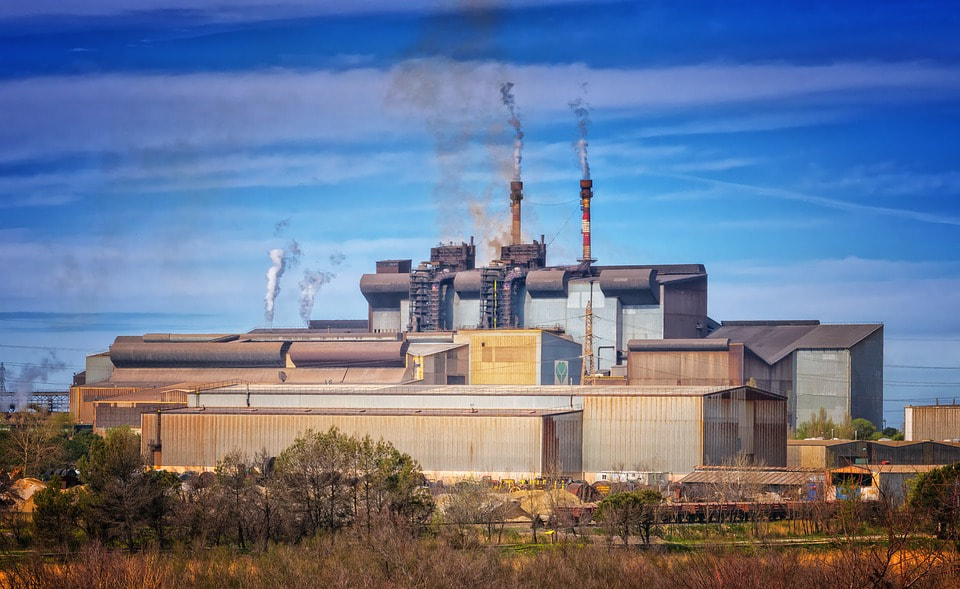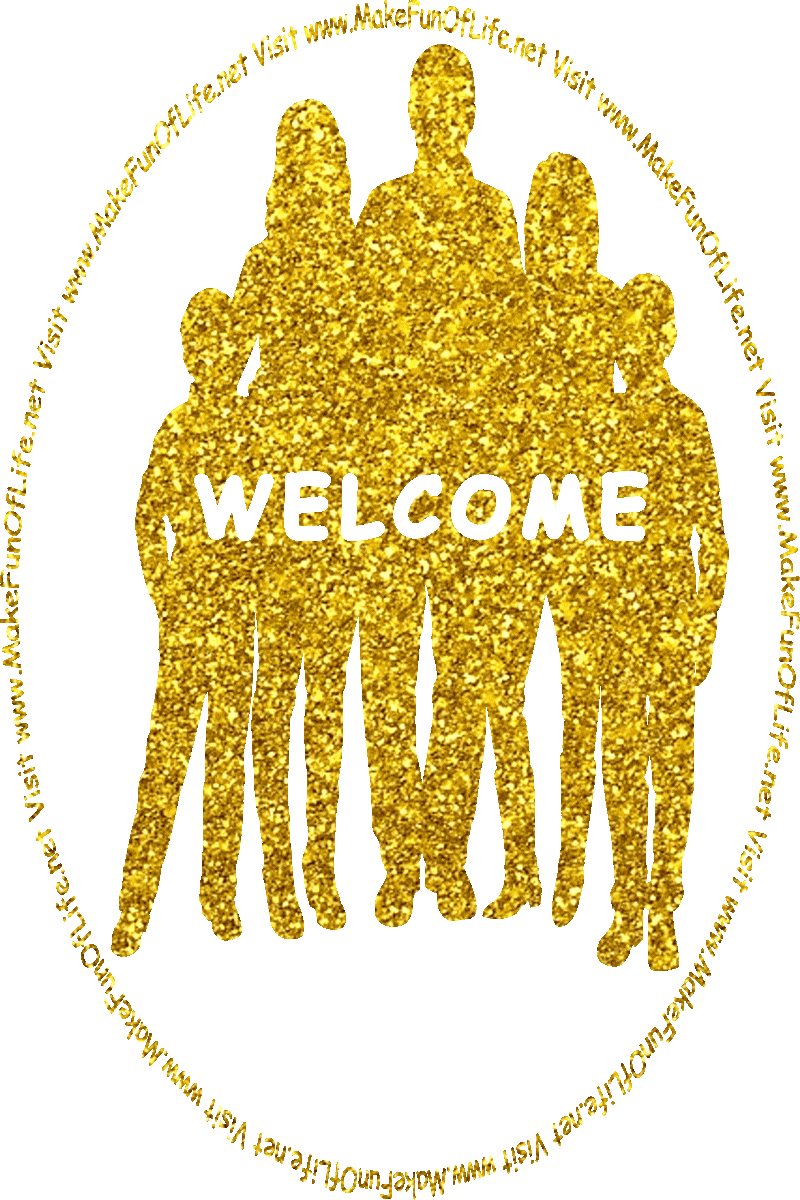Industrialists
John Davison ‘J. D.’ Rockefeller was only thirty-three when he owned ninety percent of all American refineries and all the main pipelines and oil cars of the Pennsylvania Railroad. Within a few years he was the first billionaire in history.
He lived most of his life more simply than most stock-brokers, like a frugal Scandinavian monarch. By his bedside in his New York house he had always on hand his Bible, though it lay on top of his bedside safe. At sixty, penitence set in. He was very much a Victorian in his capacity to rationalize his energy as the engine of God. And, as happened with many more of the money barons, the coming on of arthritis convinced him that he had made all his money for the public good. So, with complete sincerity, he disbursed it. Through a foundation created in his own name, he gave $530,000,000 for worldwide medical research. I must say that he is the only philanthropist I can think of who gave away his fortune with no strings binding its use. He was photographed everywhere doing folksy things - attending a county fair, teetering on the putting green, marrying off a couple of midgets for charity - to prove that even Rockefeller was as mortal as the rest of us and that, though he was a kind of monarch, he had the common touch.
As he moved into his nineties people began to doubt his mortality, but the news that he was restricted to a gruel and Graham cracker diet brought some consolation to the poor and healthy. When he died, at the age of ninety-eight, it was as if an emperor had gone.
(. . .)
There were not many men like Rockefeller, but it didn’t take many to constitute a cabal of real national, continental power that overshadowed the elected power of the Presidents of the United States. There was Henry Clay Frick, who turned coke and iron ore into gold, and E. H. Harriman, who collected railroads the way other men collect stamps. There were Harriman’s rival, James J. Hill, and his ally, John Pierpont Morgan, Senior, whose specialty was money itself. And there was Frick’s sometime friend and sometime enemy, Andrew Carnegie.
Carnegie had three specialties: steel, making money, and giving it away. The son of a poor weaver, he was born in a stone cottage in Dunfermline, Scotland, in 1835, at a time of such depression that in the revolutionary year of 1848 the family took off for America and for a squalid house in a grimy town called Pittsburgh. The father went back to weaving and the mother went back to stitching shoe leather; it was not much of a New World for them. But their twelve-year-old boy was as shiny as an apple and as lively as a squirrel, and he went hopping up the golden ladder rung by rung: from bobbin boy to telegraph messenger to railroad clerk, to superintendent to director. Until iron entered his career, if not his soul, and finally steel.
At the turn of the twentieth century he wrote an article that ended with the heroic phrase: “Farewell, then, Age of Iron; all hail, King Steel!” He was really proclaiming his own coronation, because he foresaw before anybody the infinite possibilities of steel, for bridge building and steamships, for elevators and knives and forks. Make steel, and make it cheap, and you could own the industrial empire of the new century. Before he was thirty, he had bought a large tract on Oil Creek but soon turned from oil to building, and buying up, iron and steel mills and their tributary coal and iron fields, and then the railroads that brought their products to the Great Lakes docks, and a steamship line that took them on to Europe. His monopoly of steel helped him to weather the depression of 1892, and nine years later he graciously permitted the United States Steel Corporation - formed for the purpose - to buy him out for $250,000,000. And then he abdicated, or retired, to a castle in the eastern highlands of Scotland. He was sixty-five and he had eighteen years yet to live. And he now began the career of lavish philanthropy that made his name known around the world.
Carnegie exemplifies to me a truth about American money men that many earnest people fail to grasp - which is that the chase and the kill are as much fun as the prize, which you then proceed to give away.
by Alistair Cooke: “America” (1973)
John Davison ‘J. D.’ Rockefeller was only thirty-three when he owned ninety percent of all American refineries and all the main pipelines and oil cars of the Pennsylvania Railroad. Within a few years he was the first billionaire in history.
He lived most of his life more simply than most stock-brokers, like a frugal Scandinavian monarch. By his bedside in his New York house he had always on hand his Bible, though it lay on top of his bedside safe. At sixty, penitence set in. He was very much a Victorian in his capacity to rationalize his energy as the engine of God. And, as happened with many more of the money barons, the coming on of arthritis convinced him that he had made all his money for the public good. So, with complete sincerity, he disbursed it. Through a foundation created in his own name, he gave $530,000,000 for worldwide medical research. I must say that he is the only philanthropist I can think of who gave away his fortune with no strings binding its use. He was photographed everywhere doing folksy things - attending a county fair, teetering on the putting green, marrying off a couple of midgets for charity - to prove that even Rockefeller was as mortal as the rest of us and that, though he was a kind of monarch, he had the common touch.
As he moved into his nineties people began to doubt his mortality, but the news that he was restricted to a gruel and Graham cracker diet brought some consolation to the poor and healthy. When he died, at the age of ninety-eight, it was as if an emperor had gone.
(. . .)
There were not many men like Rockefeller, but it didn’t take many to constitute a cabal of real national, continental power that overshadowed the elected power of the Presidents of the United States. There was Henry Clay Frick, who turned coke and iron ore into gold, and E. H. Harriman, who collected railroads the way other men collect stamps. There were Harriman’s rival, James J. Hill, and his ally, John Pierpont Morgan, Senior, whose specialty was money itself. And there was Frick’s sometime friend and sometime enemy, Andrew Carnegie.
Carnegie had three specialties: steel, making money, and giving it away. The son of a poor weaver, he was born in a stone cottage in Dunfermline, Scotland, in 1835, at a time of such depression that in the revolutionary year of 1848 the family took off for America and for a squalid house in a grimy town called Pittsburgh. The father went back to weaving and the mother went back to stitching shoe leather; it was not much of a New World for them. But their twelve-year-old boy was as shiny as an apple and as lively as a squirrel, and he went hopping up the golden ladder rung by rung: from bobbin boy to telegraph messenger to railroad clerk, to superintendent to director. Until iron entered his career, if not his soul, and finally steel.
At the turn of the twentieth century he wrote an article that ended with the heroic phrase: “Farewell, then, Age of Iron; all hail, King Steel!” He was really proclaiming his own coronation, because he foresaw before anybody the infinite possibilities of steel, for bridge building and steamships, for elevators and knives and forks. Make steel, and make it cheap, and you could own the industrial empire of the new century. Before he was thirty, he had bought a large tract on Oil Creek but soon turned from oil to building, and buying up, iron and steel mills and their tributary coal and iron fields, and then the railroads that brought their products to the Great Lakes docks, and a steamship line that took them on to Europe. His monopoly of steel helped him to weather the depression of 1892, and nine years later he graciously permitted the United States Steel Corporation - formed for the purpose - to buy him out for $250,000,000. And then he abdicated, or retired, to a castle in the eastern highlands of Scotland. He was sixty-five and he had eighteen years yet to live. And he now began the career of lavish philanthropy that made his name known around the world.
Carnegie exemplifies to me a truth about American money men that many earnest people fail to grasp - which is that the chase and the kill are as much fun as the prize, which you then proceed to give away.
by Alistair Cooke: “America” (1973)




























































































